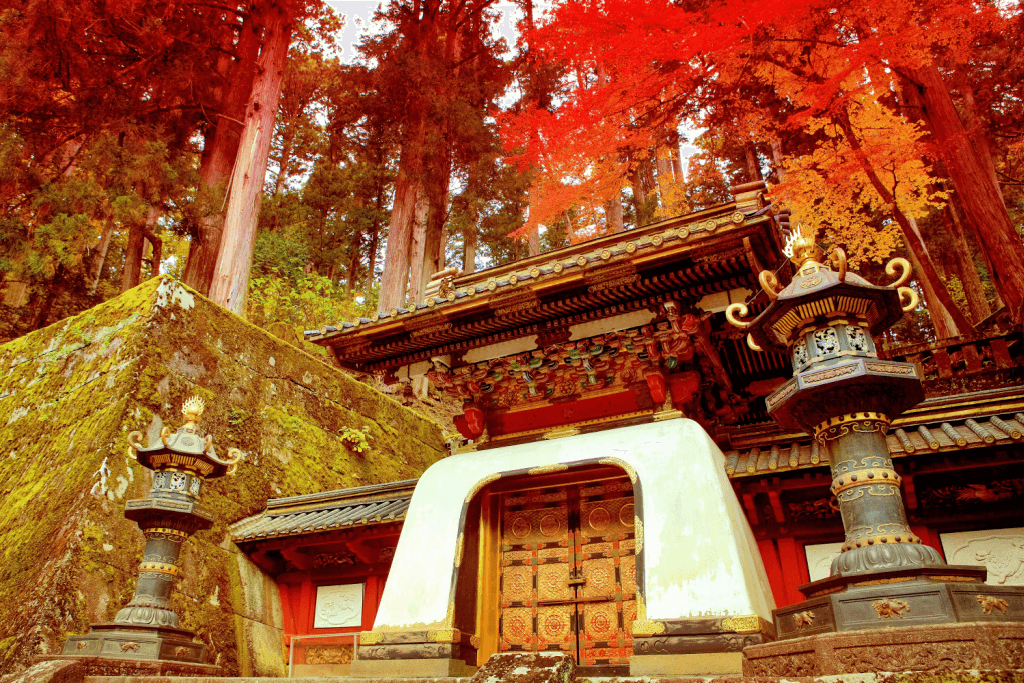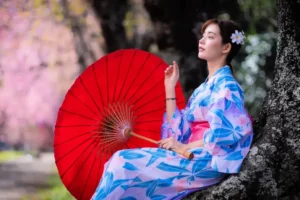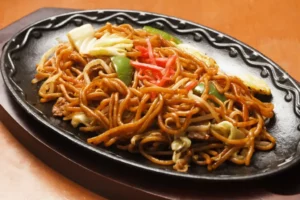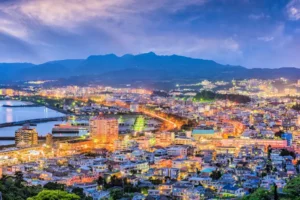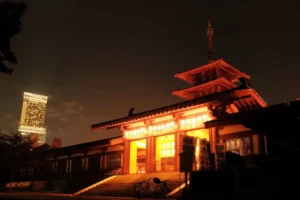Step into a world where nature whispers its ancient secrets, culture unfolds with grace, and culinary delights tantalize your taste buds. Nestled in the heart of Japan, Nikko is not just a destination; it’s a captivating journey for all to enjoy!
What are okoge senbei?
Okoge senbei, often called okoge, are Japanese rice crackers made from the crispy rice that sticks to the bottom of a rice cooker, usually thrown away. Instead of wasting this crunchy rice, it’s mixed with tasty flavors, flattened into thin crackers, and baked to a crisp. These snacks come in different flavors, like salty shoyu or ones with seaweed.
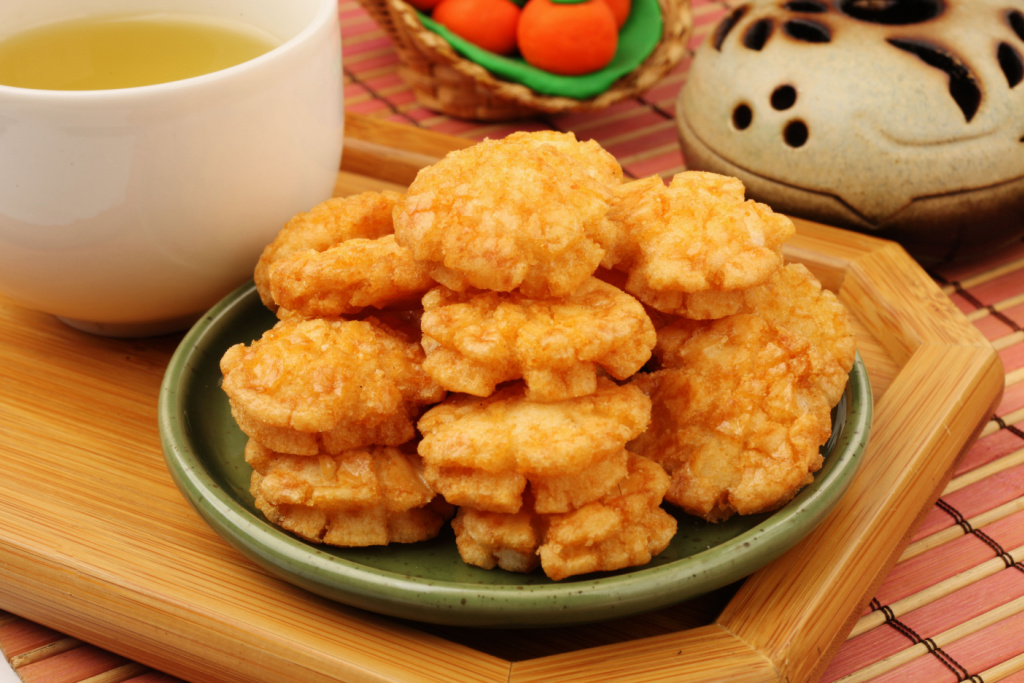
These rice crackers have a distinct and delicious flavor, setting them apart from typical rice crackers. They’re an excellent choice for those seeking a unique taste in Japanese cuisine. What’s great about okoge senbei is that they’re a great example of how they can turn something that might be thrown away into a tasty treat. So, if you ever try okoge senbei, take advantage of this delicious snack!
What is kuzukiri?
Kuzukiri is a unique Japanese dessert that’s both fascinating and delicious. It’s a precise and jelly-like sweet treat made from kudzu, which grows in Japan. The name “kuzukiri” tells you what it’s made of – “kuzu” stands for kudzu, and “kiri” means cut or sliced. To make kuzukiri, they mix the starch from the kudzu root with water to create a jelly-like stuff.
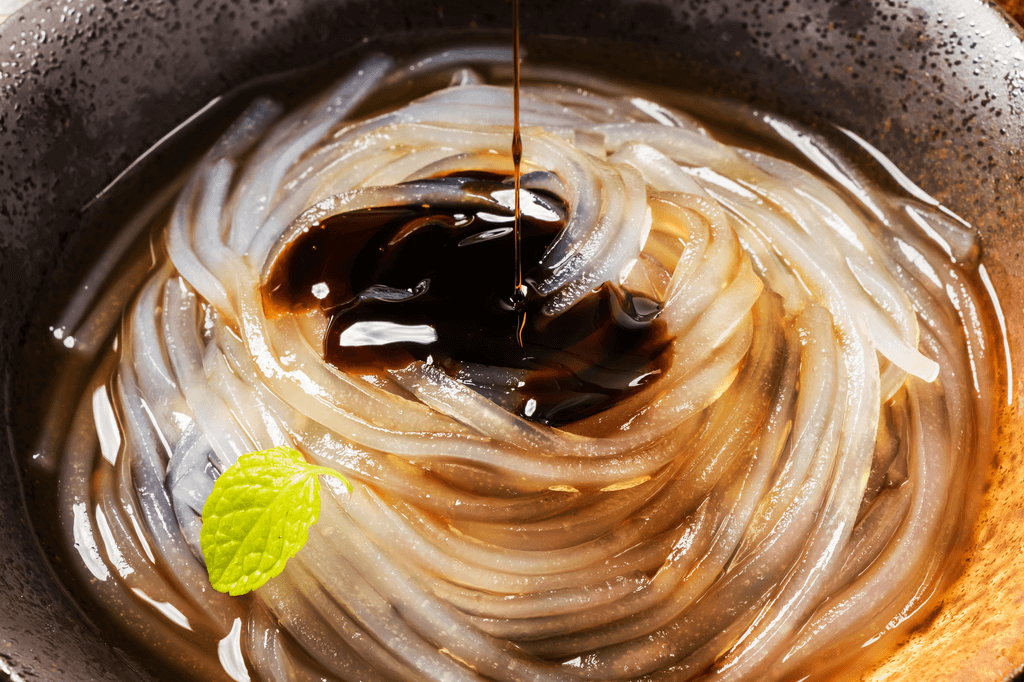
Then, they put it into molds to become thin, see-through sheets that look like noodles. These sheets are cut into long, noodle-like strips and often come with kuromitsu (a black sugar syrup) and kinako (roasted soybean flour). This mildly sweet dessert, enjoys popularity in Japan, particularly during hot and humid summers for its refreshing qualities. If you ever can try kuzukiri, I recommend tasting it – this unique Japanese treat combines tradition, simplicity, and fantastic flavor.
What are anko donuts?
Anko donuts are a popular Japanese treat combining classic and modern flavors. Essentially, they’re donuts filled with anko, a sweet red bean paste made by cooking and sweetening azuki beans, a key ingredient in many Japanese sweets. The donut is soft, fluffy, and a little chewy, which pairs perfectly with the sweet and smooth anko filling. Anko donuts come in different shapes and sizes, with round and ring-shaped donuts being the most popular.
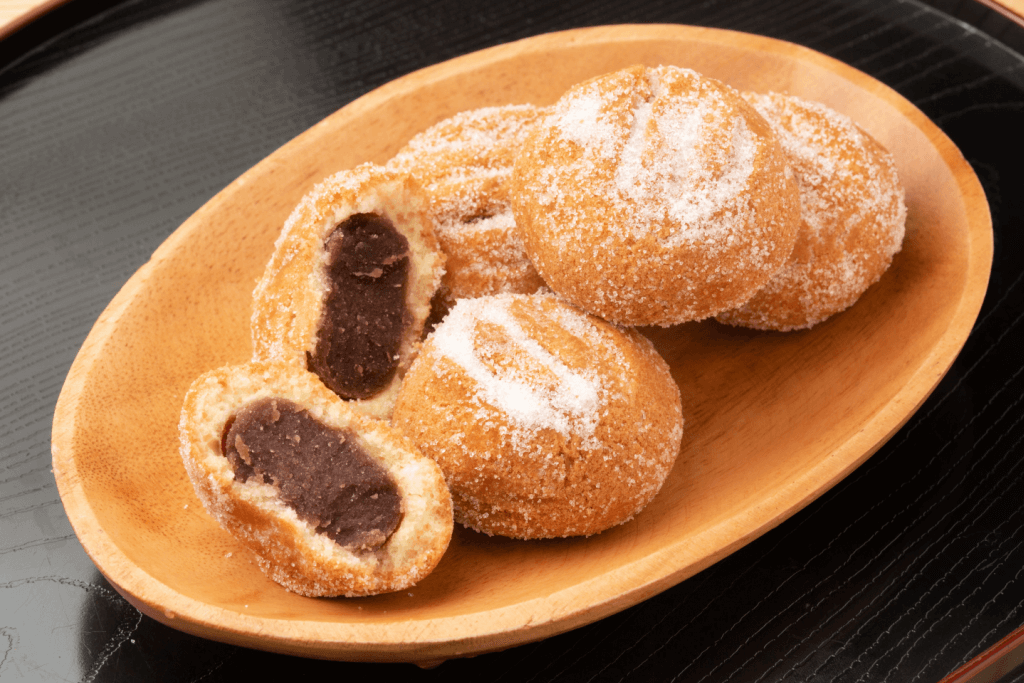
You can enjoy anko donuts plain, with a sugary coating, or sometimes they have fillings or toppings like green tea (matcha) or chocolate. Whether you like them in their traditional form or with a modern twist, anko donuts are a delicious way to experience the sweet side of Japanese sweets. If you have a sweet tooth and enjoy trying unique flavors, anko donuts are a must-try when exploring Japanese confectionery.
Are you looking for some snacks from amazing locations in Japan such as Nikko? Check out Sakuraco! Sakuraco delivers traditional Japanese snacks, teas, sweets, and snacks from local Japanese makers directly to your door so you can enjoy the latest treats directly from Japan!

What is shincha?
Shincha is a particular type of Japanese tea that perfectly captures the freshness of spring. People also call it “first flush tea” or “new tea” because it’s the first tea harvest of the year in Japan. What makes shincha so unique is when they pick the tea leaves. They do it in early spring, just as the new leaves grow. This results in a tea that’s very lively, slightly sweet and has a fresh grassy flavor. The leaves used for shincha are usually the youngest ones, which are tender and packed with nutrients during this time.
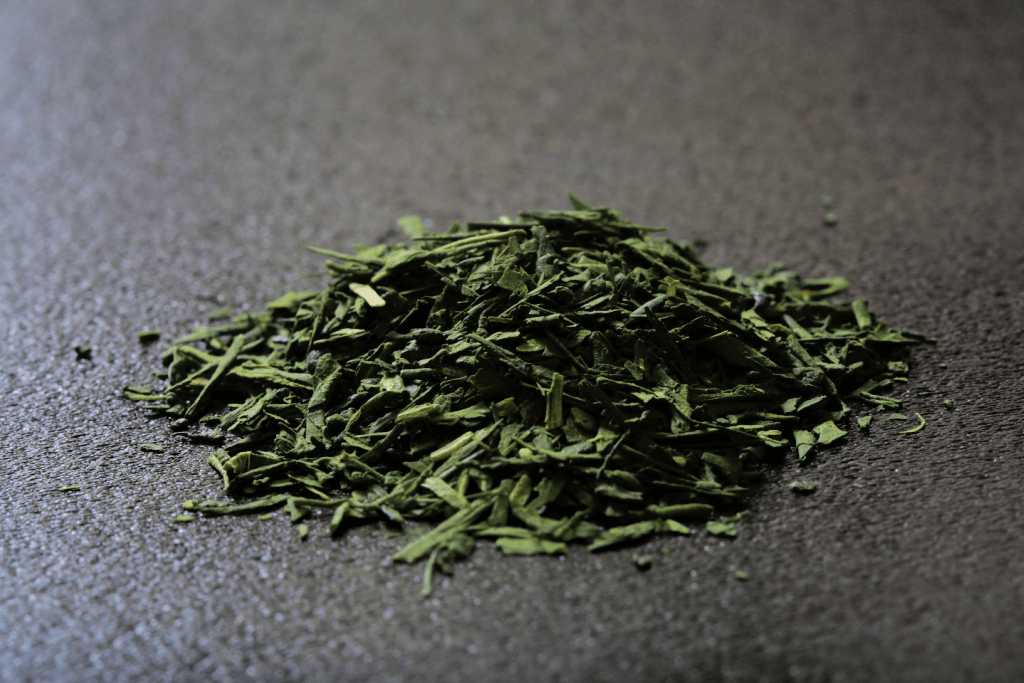
Additionally, it has a taste with a bit of a refreshing kick and a unique savory taste called umami, which is common in many Japanese green teas. People love it for its flavor and because it’s healthy, with many antioxidants and nutrients. It’s a limited-edition tea that worldwide lovers eagerly await each year, making it a special treat celebrated for its delicious taste and the feeling of spring it brings. If you want to taste Japan in a cup, try shincha during its short season each year.
Where is Senjogahara in Nikko?
Senjogahara is a beautiful marshland close to Mount Nantai. It’s famous for its incredible natural beauty in the Nikko National Park in Tochigi Prefecture. This spot is famous for its unique landscape, which includes big open fields, clean marshes, and green hills. The most memorable thing about Senjogahara is that it’s also close to Lake Chuzenji, which makes it even more beautiful.
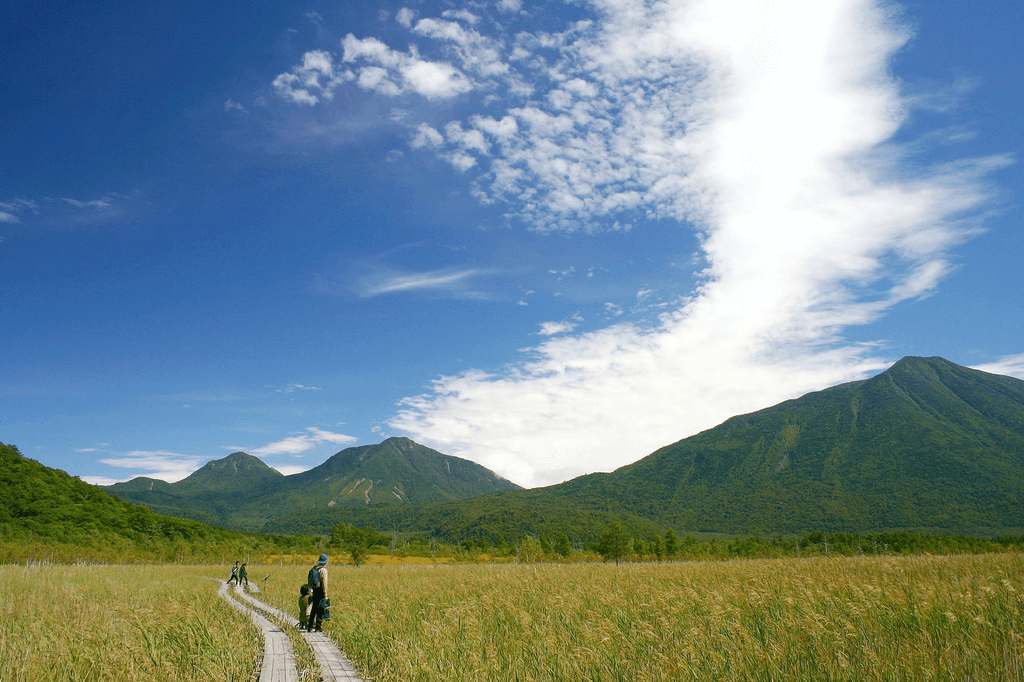
People who visit can enjoy a peaceful time and go on hikes in the surrounding forests and wetlands. The views are incredible, especially when the seasons change, like in autumn when the leaves turn vibrant colors. Not to mention, it’s a popular place for nature lovers and hikers. If you’re looking for a quiet and lovely spot in Japan’s nature, Senjogahara is a great place to go. You can undoubtedly get into the wild and see some outstanding natural beauty.
What is the 1000 Samurai Procession in Nikko?
The 1000 Samurai Procession, also known as “Hyakumonogatari Samuraisai,” is a significant and exciting event that takes you back to Japan’s samurai history. This special procession happens yearly in Kumamoto, on Kyushu Island.During this event, people dressed in carefully made samurai armor and costumes to replicate the funeral procession of Ieyazu Tokugawa.
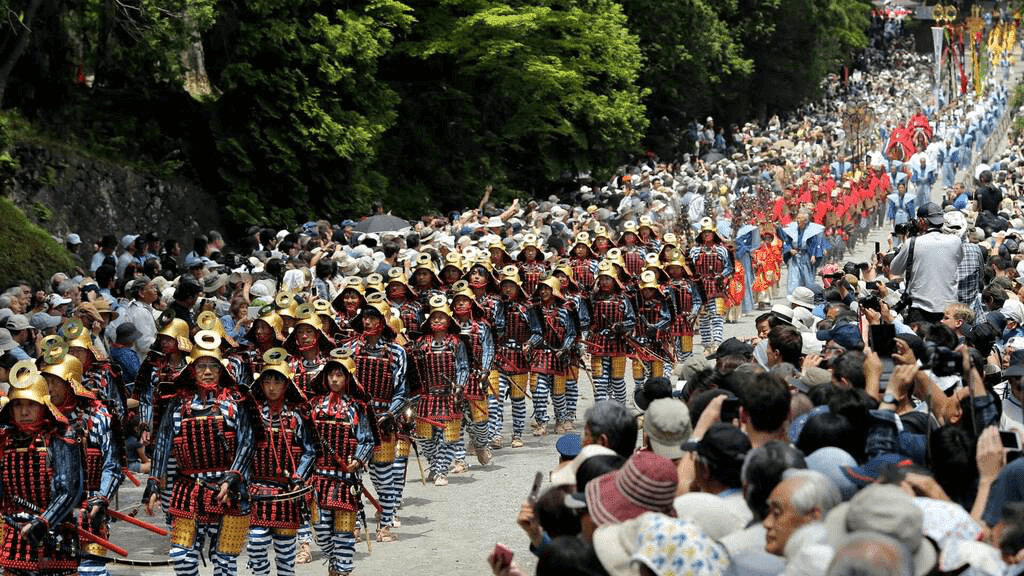
They do it with lots of detail and even use real samurai weapons. It’s a chance to see a piece of history and experience a part of Japan’s past in a big, impressive way. It’s also a great way to learn about samurai culture and traditions. If you’re into Japanese history, this event is a must-see, and it’s a fantastic opportunity to see the past come to life with lots of excitement.
Why is Nikko special?
Nikko is an extraordinary place in Japan because it brings together nature, culture, and delicious food in a unique way. It’s a destination that has something for everyone to enjoy. You can explore the peaceful beauty of Nikko, from the calmness of Senjogahara to the stunning Lake Chuzenji. The natural world here is still pristine, and it’s like a getaway to Japan’s wonderful wilderness.
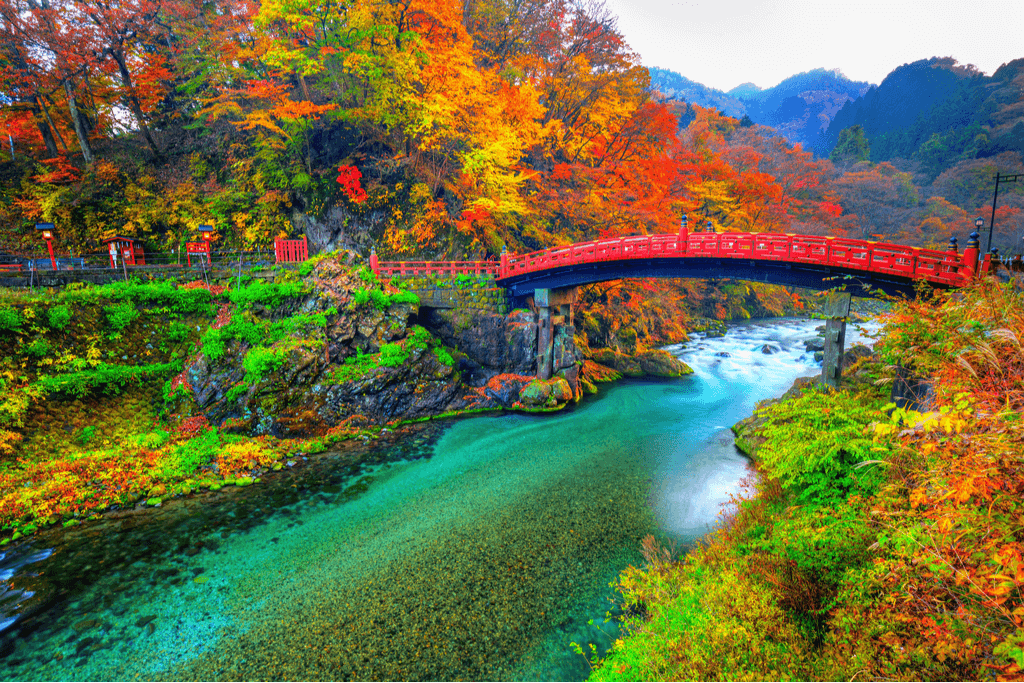
The area also has a rich history, like the 1000 Samurai Procession, where you can learn about Japan’s past and traditions. And let’s remember the tasty local food, from anko donuts to the special shincha tea, which offers a variety of flavors to enjoy.
What’s cool about Nikko is how it brings all these things together, letting you experience the best of Japan’s nature, culture, and food in one place. It’s a destination that promises a memorable and enriching journey. Have you ever been to Nikko? If so, we’d love to hear about your experiences and favorite parts. Share your thoughts in the comments!


